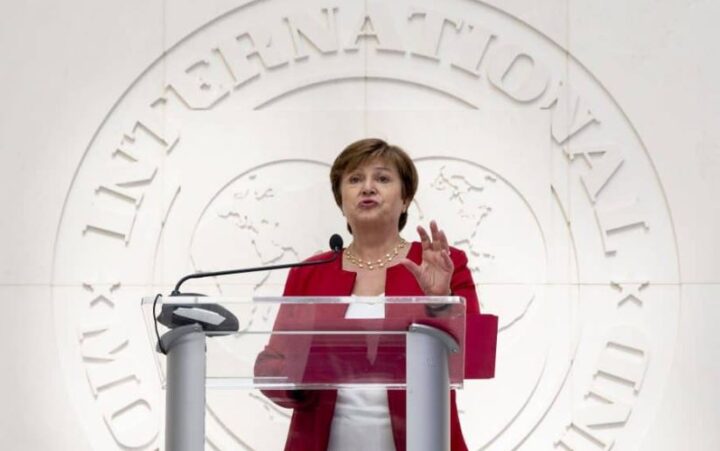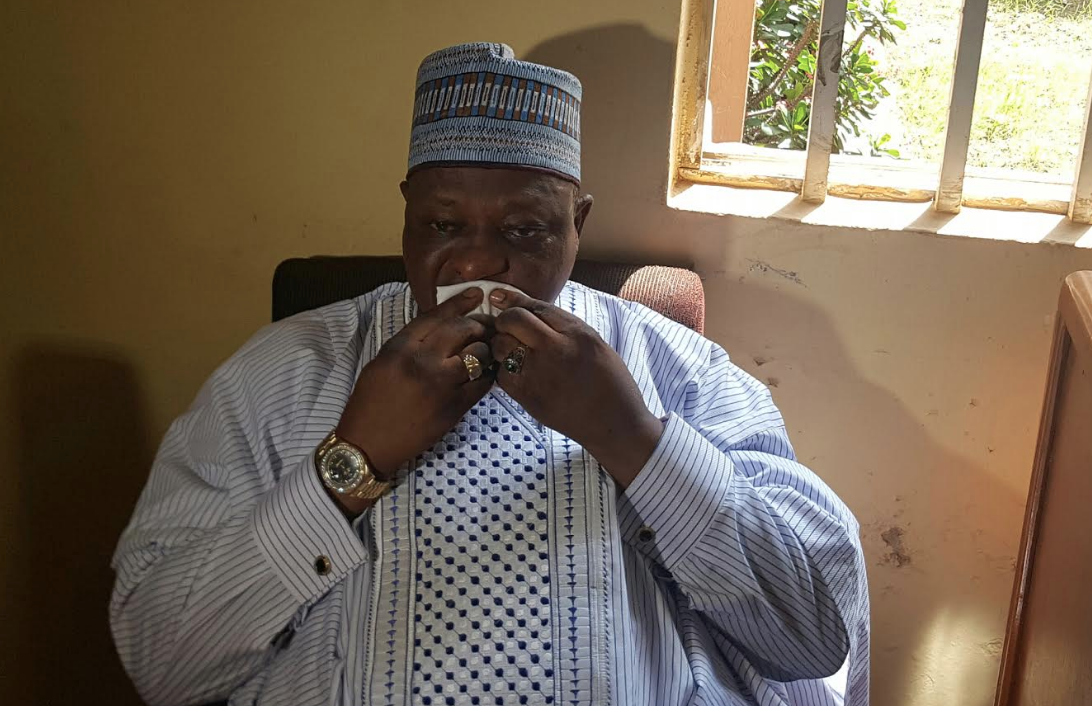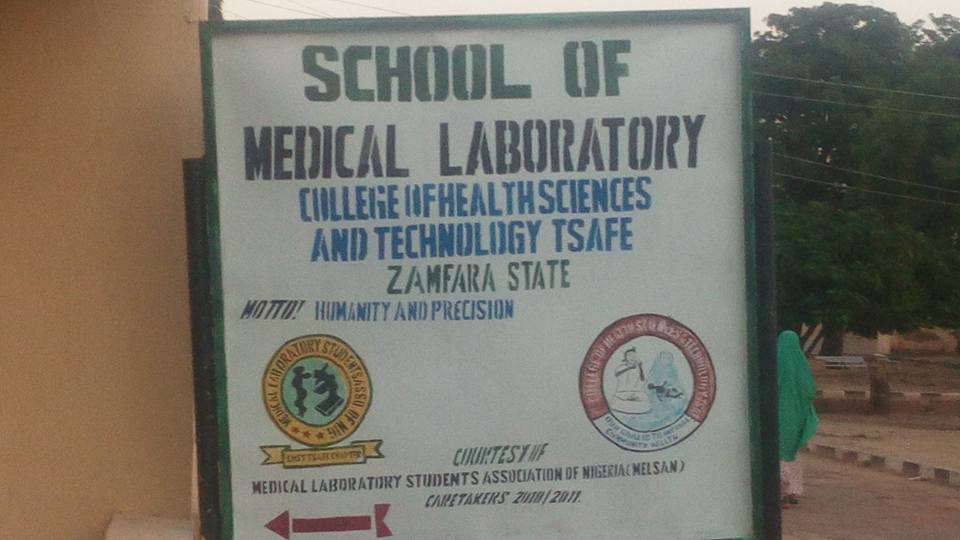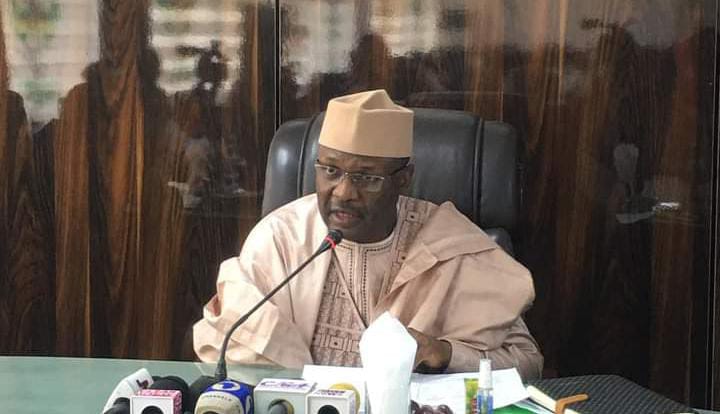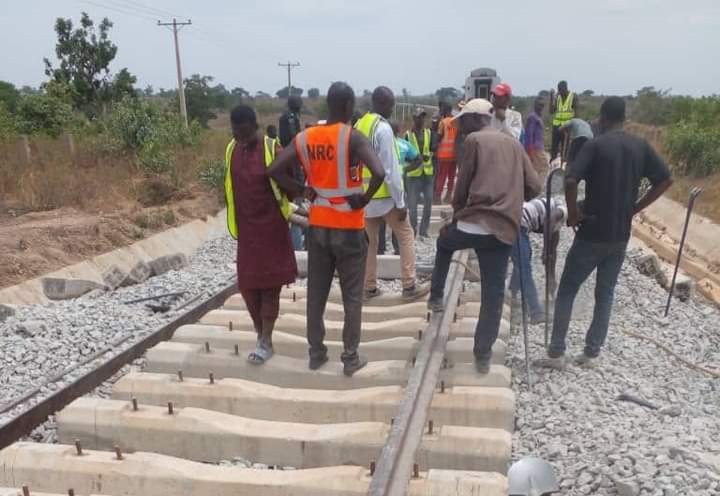The International Monetary Fund (IMF) has approved a $45 billion trust fund to help low and vulnerable middle-income countries build resilience and sustainability.
Nigeria is among lower-middle-income countries with gross national income (GNI) per capita at $2,157 in 2019, according to the World Bank collection of development indicators.
According to IMF, the fund will come into effect from May 1, 2022.
The fund is part of IMF’s $650 billion special drawing rights (SDRs) issued in August 2021 to vulnerable countries to boost liquidity through Resilience and Sustainability Trust (RST).
Advertisement
Kristalina Georgieva, managing director, IMF, disclosed this in a statement on Thursday in Washington, DC.
Georgieva said the fund would help build resilience against long-term risks to balance of payments stability.
“I am very pleased to announce that the IMF’s Executive Board today approved the creation of a new Resilience and Sustainability Trust (RST) to come into effect on May 1, 2022,” the statement reads.
Advertisement
“The Trust aims to help low-income and vulnerable middle-income countries address longer-term structural challenges that pose macroeconomic risks, including climate change and pandemics.
“As the world is confronting consecutive global shocks, we must not lose sight of the critical actions needed today to ensure longer-term resilience and sustainability — and we can only succeed by working together.
“The RST will amplify the impact of the $650bn SDR allocation implemented last year by channeling resources from economically stronger members to countries where the needs are greatest. The aspiration is to build a Trust of at least $45bn in resources.
“The RST will serve as a third pillar of the IMF’s lending toolkit, in addition to the General Resources Account and the Poverty Reduction and Growth Trust. The RST will provide policy support and affordable longer maturity financing – with a 20-year maturity and a 10½ -year grace period – to help build resilience against long-term risks to balance of payments stability.”
Advertisement
She added that about three-quarters of IMF’s country members will be eligible for RST financing.
“About three-quarters of the IMF’s country membership will be eligible for RST financing, including low-income members as well as most middle-income countries and all small developing states. We have worked extensively with our members and other stakeholders to design the RST, with the goal of balancing the needs of potential contributors and borrowers.” the statement added.
“We have worked extensively with our members and other stakeholders to design the RST, with the goal of balancing the needs of potential contributors and borrowers. The reforms supported by the Trust are also intended to catalyse increased financing from the private sector, donors, and other international financial institutions (IFIs).
“Close collaboration with the World Bank and other IFIs will be critical for the success of the RST.”
Advertisement
Add a comment
